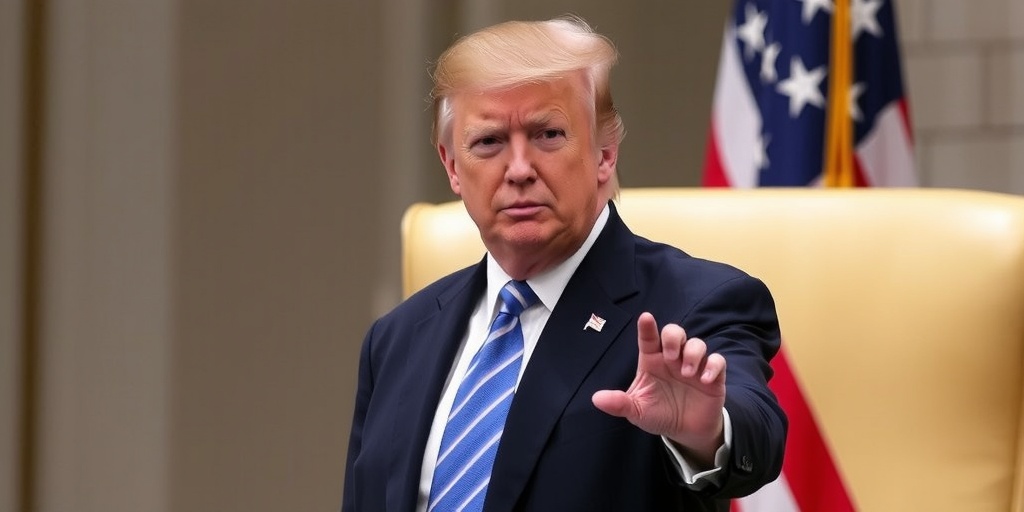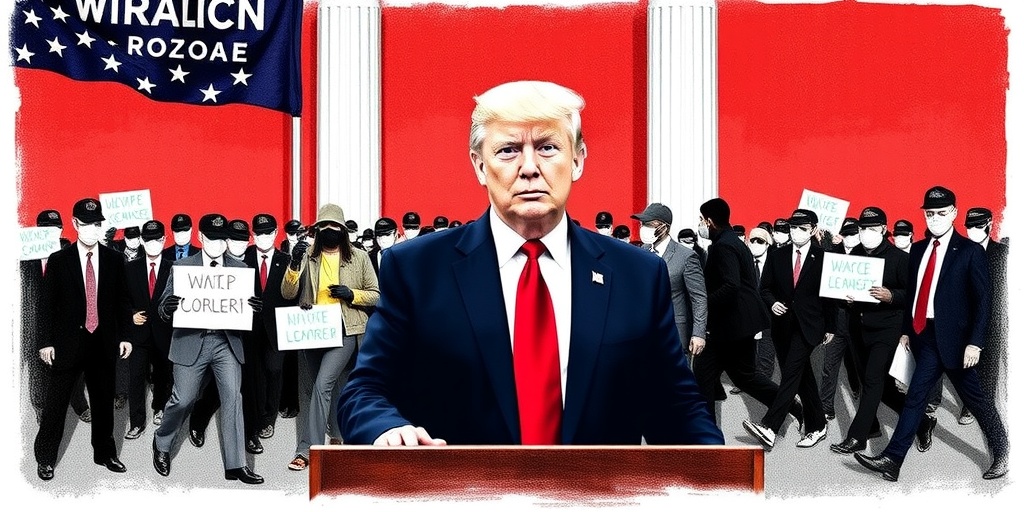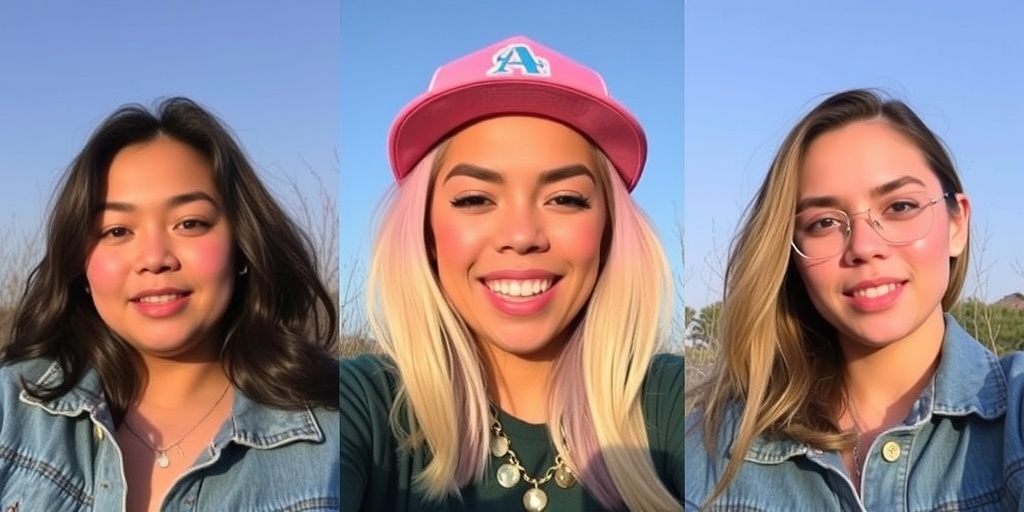Now Reading: Chinese App ‘Red Note’ Surges in Downloads Amid TikTok Trend
-
01
Chinese App ‘Red Note’ Surges in Downloads Amid TikTok Trend
Chinese App ‘Red Note’ Surges in Downloads Amid TikTok Trend

TikTok Creators Seek New Outlets Amid National Security Concerns
In recent years, TikTok has emerged as one of the internet’s most popular platforms, captivating millions of users and giving rise to a new generation of content creators. Among them is Manimatana Lee, who has exemplified the platform’s unique ability to connect individuals through entertaining and relatable content. Over the past five years, Lee has built an impressive following of nearly 10,000 users, capturing the attention of viewers with her candid videos of household chores, often while multitasking with her sleeping baby strapped to her back.
Lee’s engaging content includes a particular video where she was filmed dancing while doing dishes, which has garnered over a million views since it was uploaded last November. These moments of everyday life have resonated with many, showcasing not only Lee’s personality but also the intricacies of balancing family life and personal interests. However, recent governmental actions over national security concerns regarding TikTok have left creators like Lee seeking alternatives.
In April, a law was passed in the U.S. that posed significant scrutiny on TikTok, raising alarms about its connections to China and the potential risks associated with data privacy. These developments have led many American creators, including Lee, to explore other platforms, displaying their resilience and adaptability. One such alternative that has gained traction is Xiaohongshu, a social media app popular in China that is relatively unknown in the West.
On Tuesday, Xiaohongshu topped the charts as the most downloaded free app on the U.S. Apple store, highlighting the increasing interest from American users. The app, whose name translates to "little red book" in Mandarin, boasts a user base of over 300 million, primarily in China. Users on Xiaohongshu create and share a mix of short videos, as well as still and text-based posts, promoting a community emphasis that many creators find appealing. In light of concerns regarding TikTok, many users have expressed their desire to manifest a sense of autonomy from the political anxieties that surround its association with China.
Despite the geopolitical concerns, the populist migration to Xiaohongshu has been welcomed by many who feel disenchanted by the unfolding debates surrounding TikTok. As a platform, TikTok has cultivated a dynamic and vibrant community by enabling users to share snippets of their lives and connect through humor and creativity. The platform’s recommendation algorithm has been particularly praised for its ability to keep users engaged by curating content tailored to their interests.
Nevertheless, U.S. lawmakers, as well as authorities in other countries, have raised alarms regarding TikTok’s ownership by the Chinese firm ByteDance. They are concerned that the Chinese government could potentially leverage TikTok to access user data, including sensitive information such as location and browsing habits. In addition, there are fears that the app might be utilized to disseminate misinformation to its vast audience of 170 million users in the United States.
For Lee, the allure of Xiaohongshu comes not from its origins, but from the opportunity it presents for creative expression and connection. "I don’t really care if I’m using a Chinese app at all," she remarked. "It’s like a place for me to escape reality. And if it’s making me feel good, I’m here for it."
This sentiment has been echoed by a wave of American users transitioning to Xiaohongshu, who see the app as a fresh canvas that allows them to continue sharing their stories without the baggage associated with TikTok’s legal and political entanglements. With the app’s increasing popularity in the U.S., it appears poised to become a significant player in the social media landscape, offering a platform for users to share creative content while traversing the complexities of modern digital life.
As the debate surrounding TikTok and its ownership evolves, the rise of Xiaohongshu signifies a broader trend in how social media users are responding to regulatory pressures and political narratives. For creators like Manimatana Lee, the desire to connect with their audiences remains paramount, driving them to seek solace in new platforms that offer the potential for growth and engagement without the constraints of their predecessors. The story of Lee and many others highlights the resilience of content creators and their ability to adapt to a rapidly changing digital environment.
Stay Informed With the Latest & Most Important News
Previous Post
Next Post
-
 01New technology breakthrough has everyone talking right now
01New technology breakthrough has everyone talking right now -
 02Unbelievable life hack everyone needs to try today
02Unbelievable life hack everyone needs to try today -
 03Fascinating discovery found buried deep beneath the ocean
03Fascinating discovery found buried deep beneath the ocean -
 04Man invents genius device that solves everyday problems
04Man invents genius device that solves everyday problems -
 05Shocking discovery that changes what we know forever
05Shocking discovery that changes what we know forever -
 06Internet goes wild over celebrity’s unexpected fashion choice
06Internet goes wild over celebrity’s unexpected fashion choice -
 07Rare animal sighting stuns scientists and wildlife lovers
07Rare animal sighting stuns scientists and wildlife lovers




















